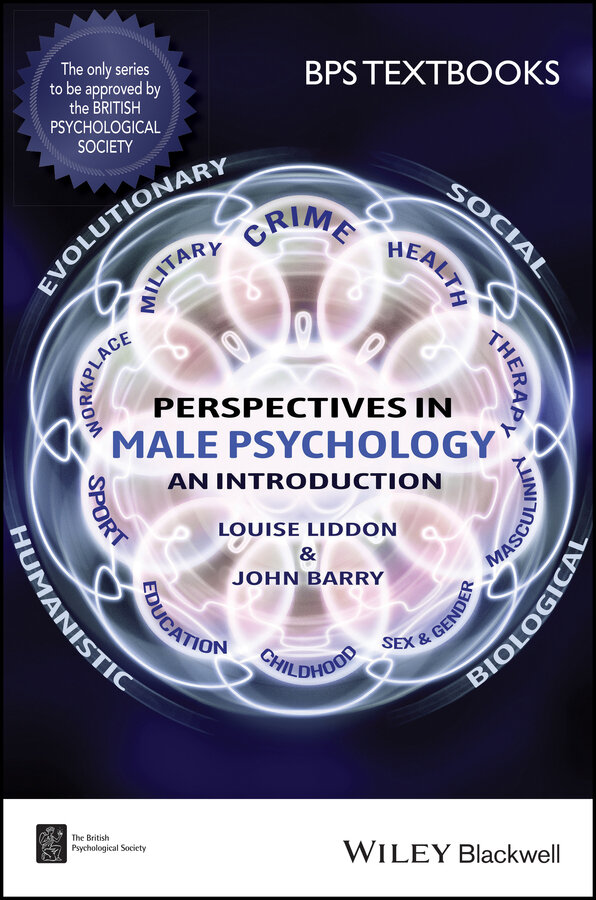The impact of gender politics on therapy
This is the eleventh blog in the series The 12 blogs of Christmas based on the Psychreg Journal of Psychology (PJP) special issue on male psychology
People go to therapy usually because they feel distressed and are seeking professional advice from someone who is skilled in therapy and will care about their feelings.
Men seek therapy less than women do, and although the reasons for this are complex and not completely known, one study found that a lack of male-friendly options was cited by 16% of men as an obstacle to therapy.
In this context, one would imagine that therapists would put a lot of effort into making sure their style of therapy appeals to men. However recent guidelines on therapy with men suggest, controversially, that masculinity is just a social construct without any influence of biology, and that masculinity is problematic due to the influence of patriarchy. No doubt these views will appeal to some men, but equally they won’t appeal to others.
Todays blog is about a survey I conducted with colleagues which assessed therapists’ views on how the concept of masculinity relates to therapy with men. The paper is a snapshot of findings from the first 25 participants to answer questions about their approach to therapy. Their answers were categorised as either male-oriented (e.g. catering to male-typical communications styles, and preferences for therapy), or as gender neutral (i.e. treating male and female clients in the same way). We found that the therapists who did male-friendly therapy with men were significantly less likely to believe in patriarchy theory. Although these are just the initial findings of this study, if replicated in the larger sample they have intriguing implications for how gender ideology impacts therapy.
You can read more about this study by clicking the button below.
In case your holiday season is less than happy, here are some places you can contact for support:
Samaritans lines are open 24/7 (365 days) Tel 116 123 (UK & Ireland)
CALM helpline is open 365 days 5pm - midnight. Tel 0800 58 58 58. Or try the CALM webchat https://www.thecalmzone.net/help/get-help/
If you are a father experiencing a stressful time post-separation, you can call the Families Need Fathers helpline 0300 0330 363 (9am - 10pm Monday to Friday, 10am - 3pm at weekends).
If you are a man experiencing domestic abuse, you can call the Mankind Initiative helpline weekdays 10am to 4pm on 01823 334244












